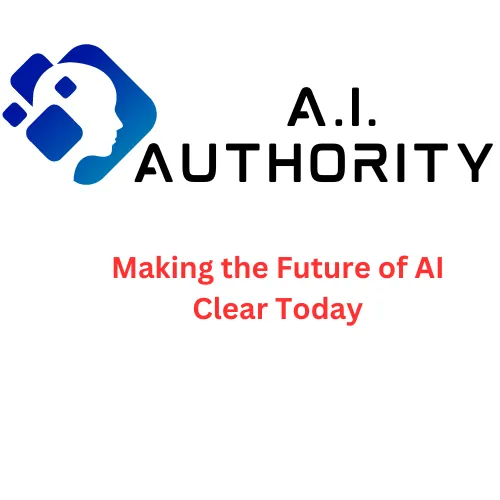"Deploying artificial intelligence without considering its ethical implications is like building a powerful engine without brakes. Responsible AI adoption requires conscious decision-making and a commitment to prioritize fairness, transparency, and accountability." - Sundar Pichai, CEO of Google
Introduction:
Artificial Intelligence (AI) holds immense potential to transform industries and improve our lives. However, as AI becomes more pervasive, it is crucial to address the ethical implications associated with its adoption. This article delves into the challenges posed by AI and provides guidance on navigating these complexities to ensure responsible AI adoption.

Understanding the Challenges: AI technology presents various ethical challenges that demand careful consideration. One significant concern is bias in AI systems. Algorithms trained on biased data can perpetuate and amplify existing societal biases, leading to discriminatory outcomes. Privacy and data protection are also crucial issues, as AI relies on vast amounts of personal data. Ensuring transparency and accountability in AI decision-making processes is another challenge, as the complexity of AI algorithms can make it difficult to understand and explain their outputs.
With that said, here are 6 recommendations on the framework to ensure responsible AI Adoption
1. Ethical AI Framework
Developing an ethical framework that aligns with organizational values is essential. This framework should outline guidelines for AI development, deployment, and usage, emphasizing fairness, transparency, and accountability.
2. Data Governance
Establishing robust data governance practices is crucial to address privacy concerns and mitigate biases. Organizations must ensure that data collection, storage, and usage comply with relevant regulations and prioritize the protection of individuals' privacy.
3. Bias Mitigation
To address bias in AI systems, organizations should invest in diverse and representative datasets. Regular audits and bias testing should be conducted to identify and rectify biases in AI models. Employing techniques like algorithmic fairness can also help mitigate bias.
4. Transparency and Explainability
Promote transparency by designing AI systems that are explainable. Organizations should strive to make AI decision-making processes understandable and provide clear explanations for outcomes. Explainable AI not only helps build trust but also enables individuals to challenge and correct potential biases or errors.
5. Human Oversight
Human involvement in AI systems is vital to maintain accountability. Incorporating human oversight can ensure ethical decision-making and address the limitations of AI. Human experts should review AI-generated outputs and have the power to override or intervene when necessary.
6. Collaborating for Responsible AI Adoption
Addressing the ethical implications of AI requires collaboration between organizations, governments, academia, and society. Governments play a crucial role in establishing regulatory frameworks to govern AI development and usage. Industry standards and guidelines should be developed and shared to foster responsible AI practices. Open dialogue, transparency, and knowledge sharing across sectors can contribute to a collective understanding of AI ethics.
Conclusion
As AI continues to shape our world, it is essential to navigate its ethical implications thoughtfully. By proactively addressing bias, privacy concerns, transparency, and accountability, businesses can ensure responsible AI adoption. Collaboration, education, and ongoing evaluation are key to shaping an ethical AI landscape that benefits individuals and society as a whole. Embracing ethical considerations today will pave the way for an AI-driven future that is fair, transparent, and beneficial for all.
Remember, this is a condensed version of the article, covering the key points within the given limit. Feel free to modify and expand upon this draft to suit your needs and target audience.









